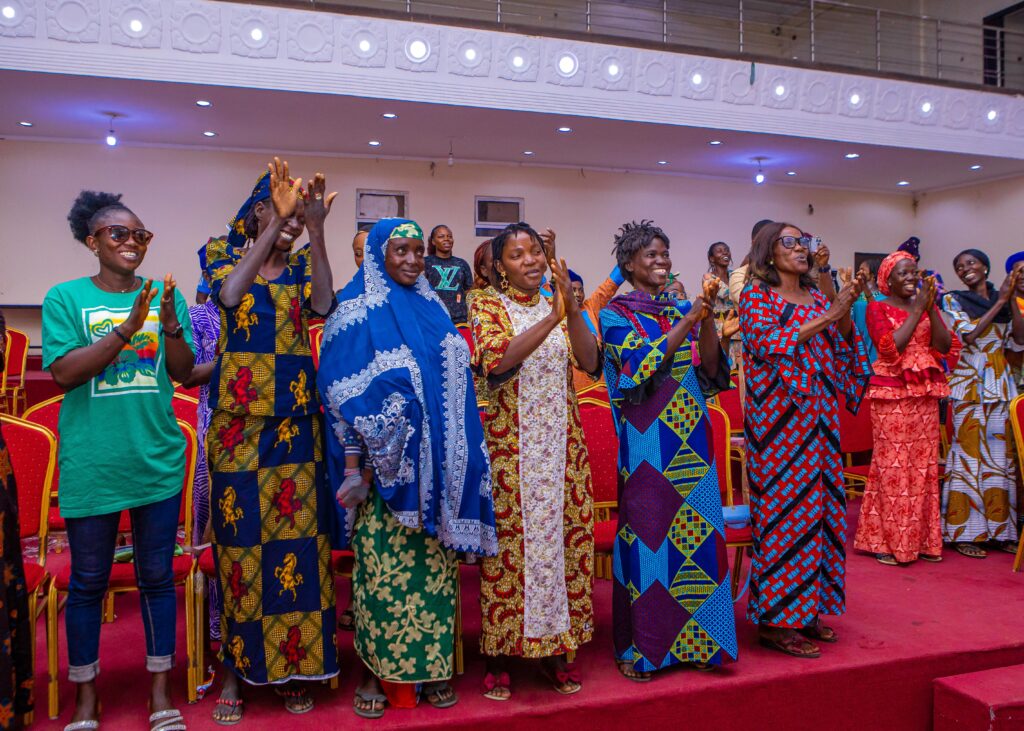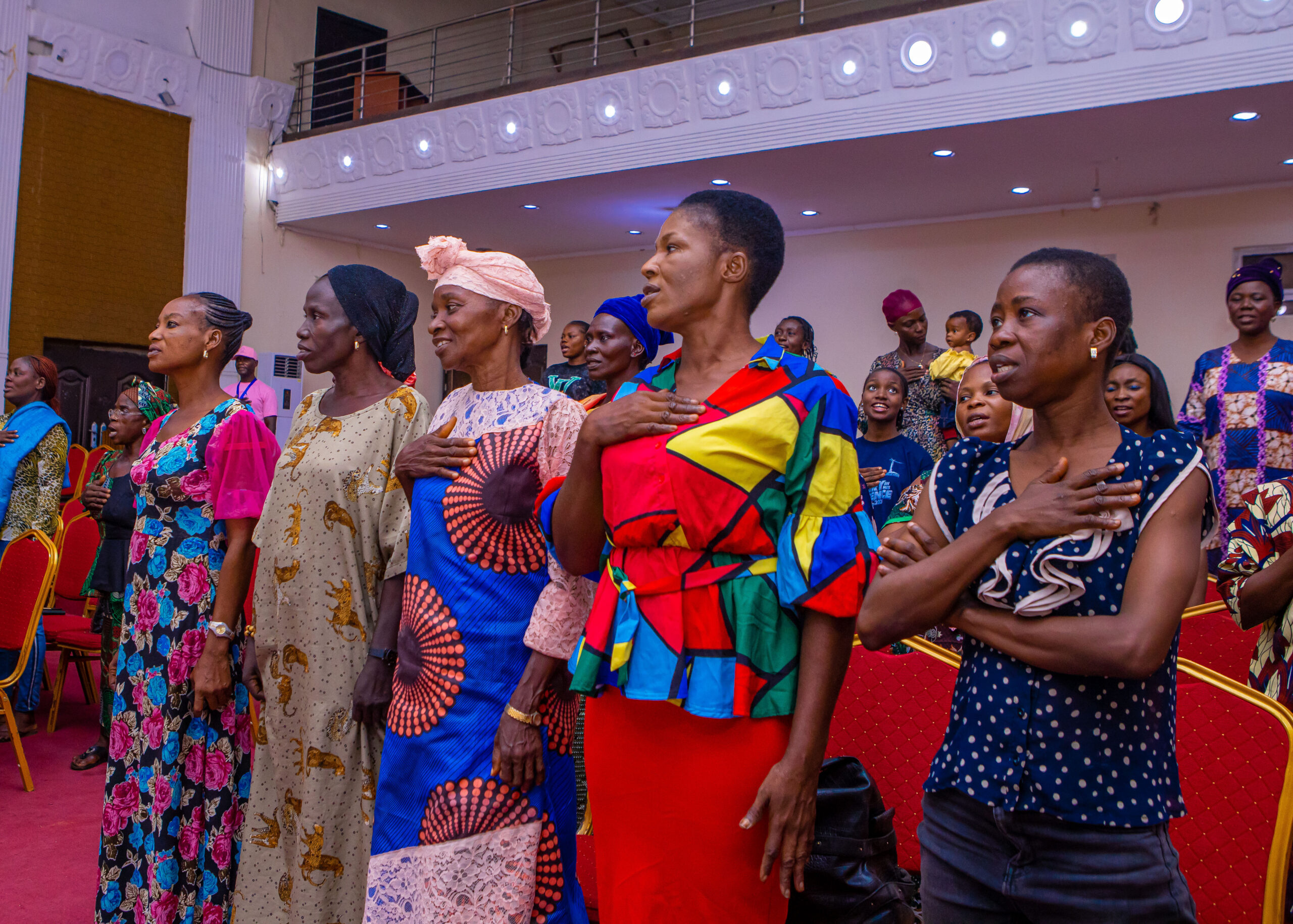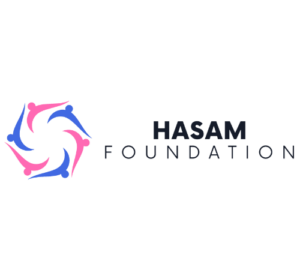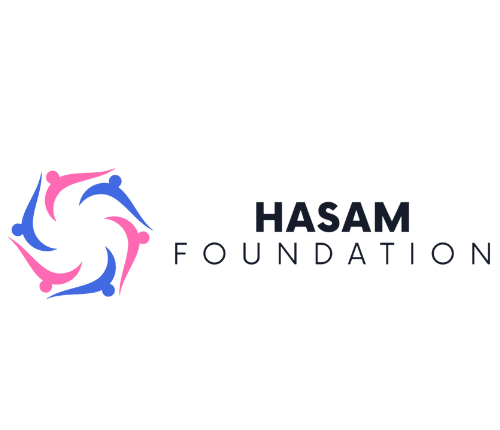World Malaria Day
On World Malaria Day 2024, Hasam Foundation, in collaboration with the Office of FCTA Women Affairs under the honorable mandate of Secretary Dr. Adedayo Benjamins Laniyi, organized a significant outreach event aimed at accelerating the fight against malaria for a more equitable world.
The event focused on reaching out to one hundred (100) vulnerable women living with HIV/AIDS in the UN community, providing them with essential supplies including bags of rice, food, and mosquito nets.

More info
Objective
The primary objective of the event was to contribute towards reducing malaria cases among vulnerable populations and promoting inclusivity and support for PLWHA, aligning with Hasam Foundation’s goal to reach marginalized communities.
Event Highlights
Distribution of Supplies: Hasam Foundation distributed bags of rice, food items, and mosquito nets to one hundred (100) women living with HIV/AIDS. These supplies are crucial in combating malaria and improving overall health and well-being.
Inclusivity and Support
The event emphasized inclusivity and support for PLWHA, ensuring they are not marginalized but included in efforts to combat malaria and improve their quality of life.
Dignitaries Present:
The event was graced by dignitaries including the Mandate Secretary of Women Affairs, Permanent Secretary of Women Affairs, and Directors of the Women Affairs Secretariat. Their presence highlighted the importance of collaborative efforts in addressing health challenges and supporting vulnerable communities.
Renewed Hope Initiative
During her speech, the Mandate Secretary extended the support of Her Excellency Senator Oluremi Tinubu, the First Lady of Nigeria, as part of the Renewed Hope Initiative. This initiative signifies a collective commitment to improving healthcare and well-being in Nigeria.

Impact and Moving Forward
The distribution of mosquito nets and essential supplies is a crucial step towards reducing malaria cases in Nigeria, particularly among vulnerable populations. Studies have shown that access to mosquito nets significantly reduces malaria transmission rates, leading to healthier communities.

